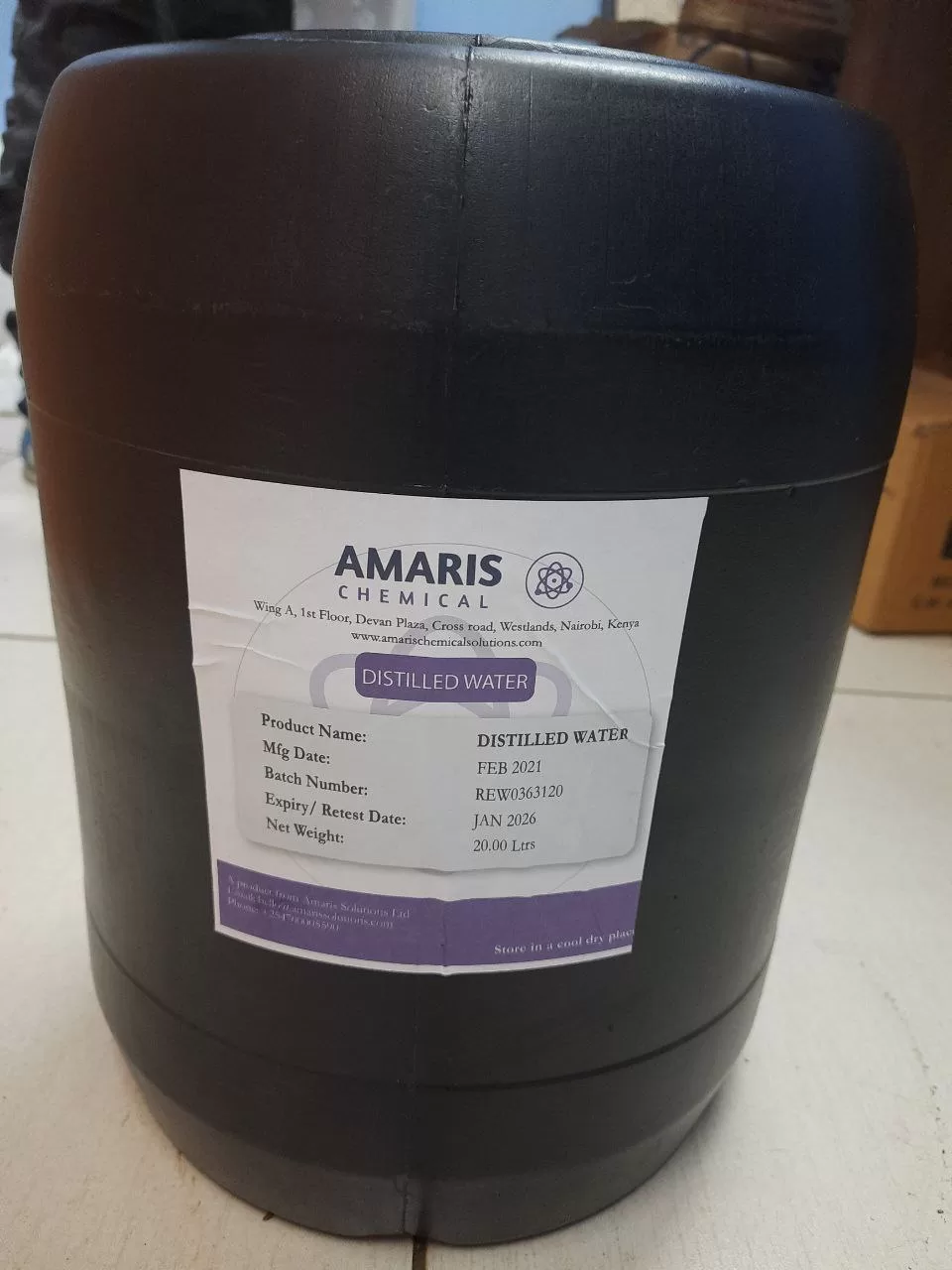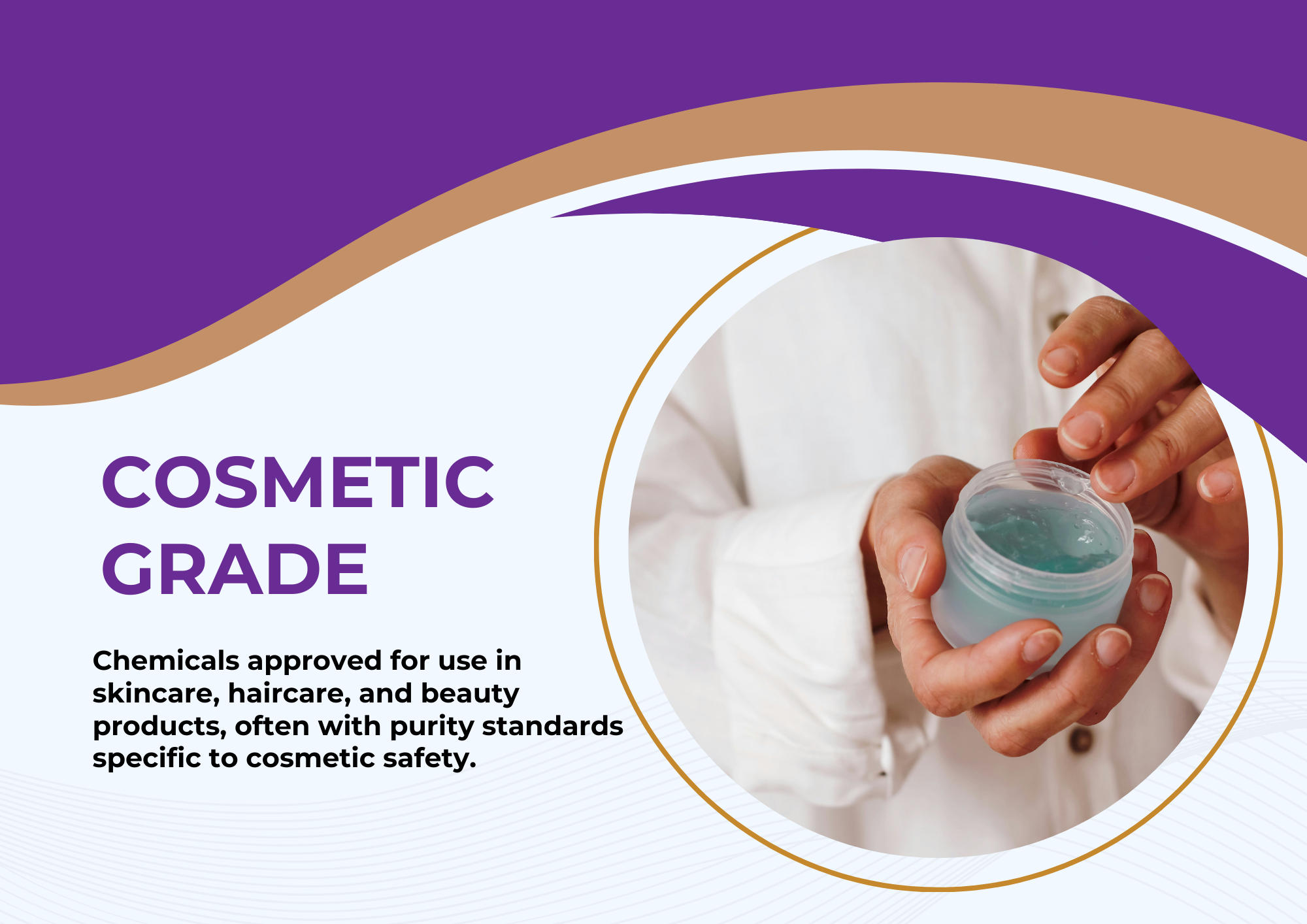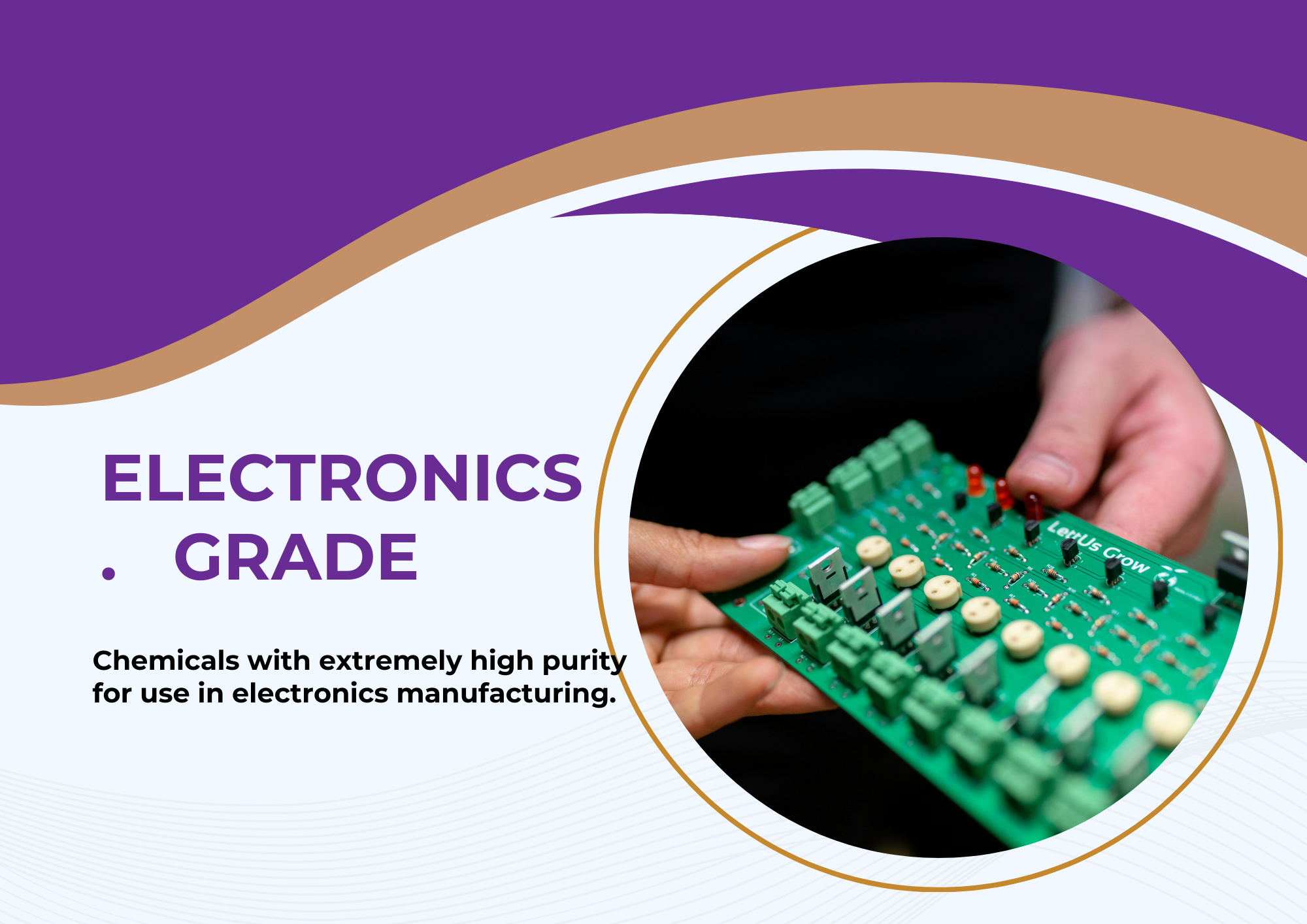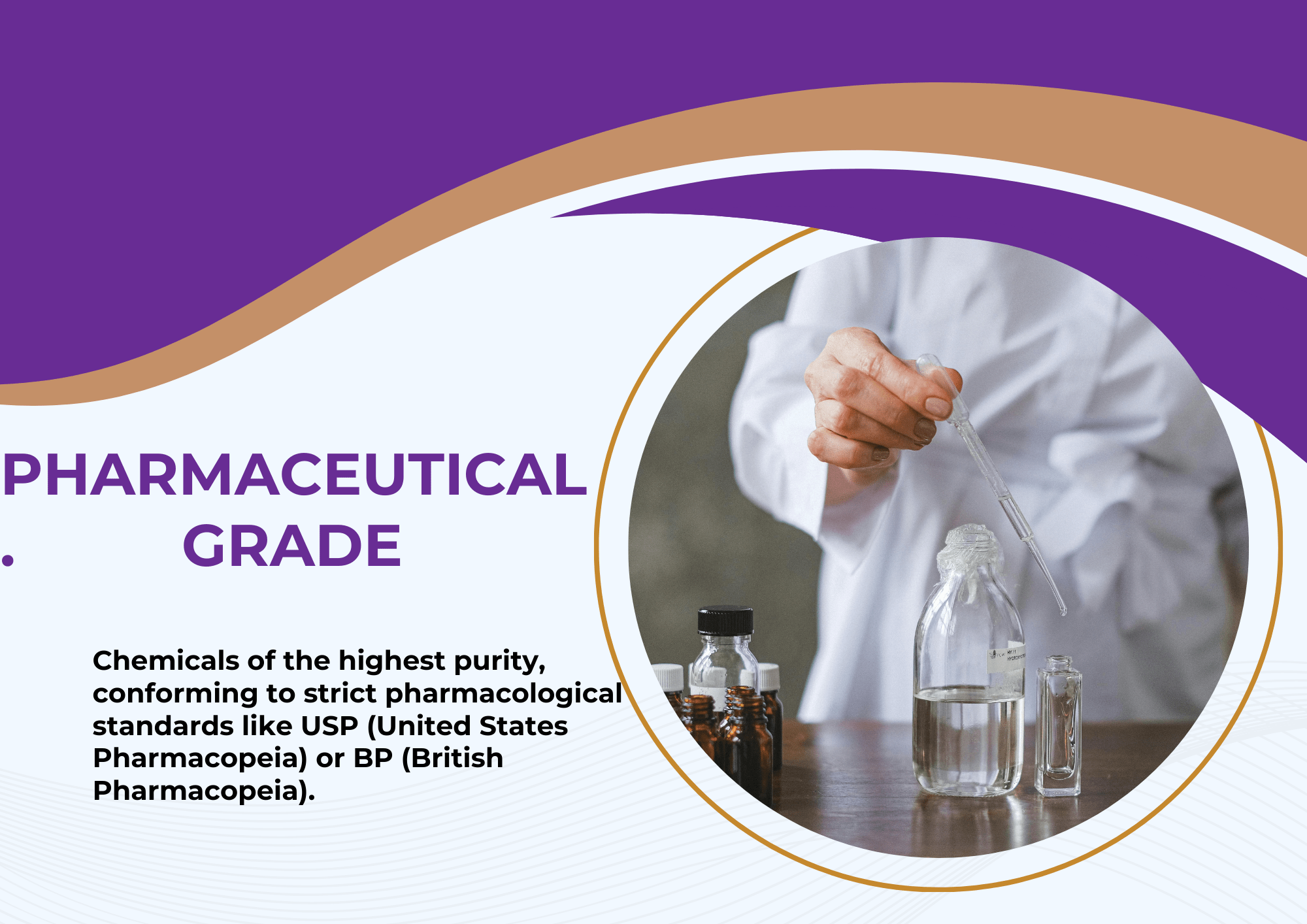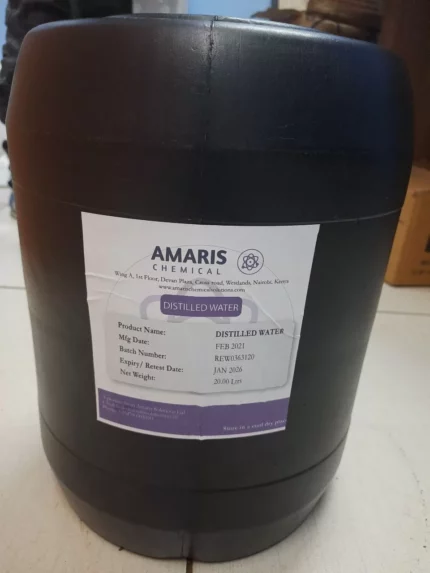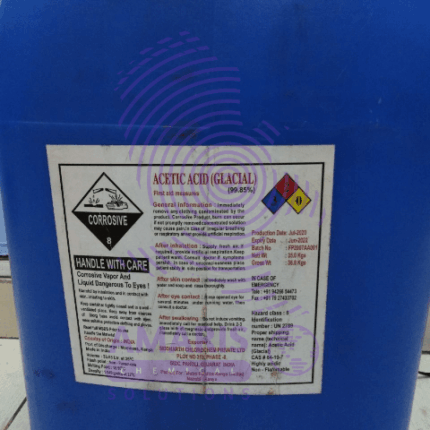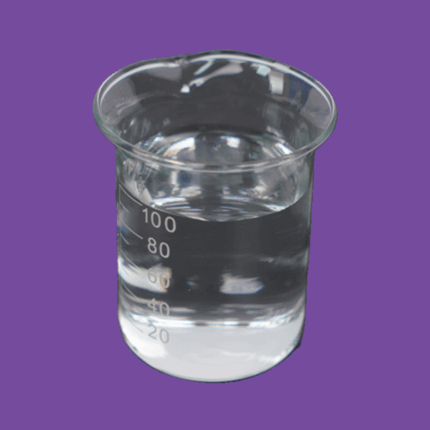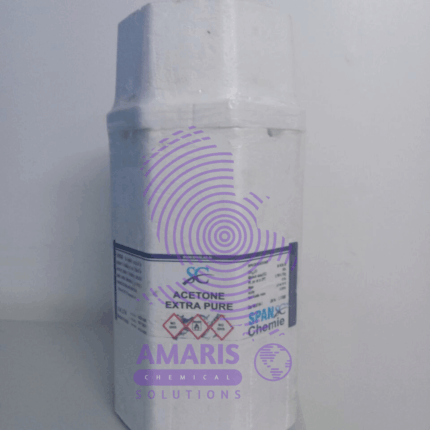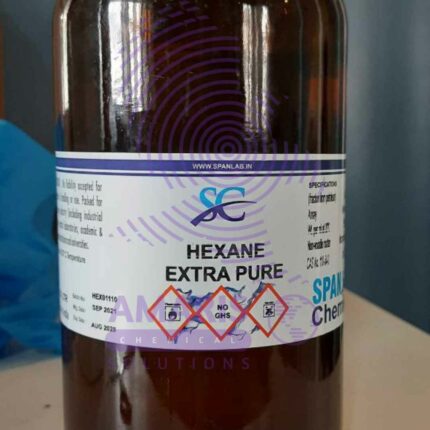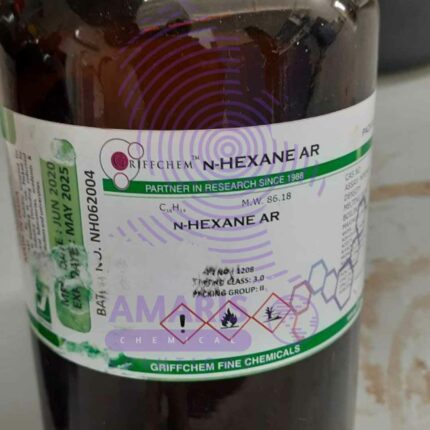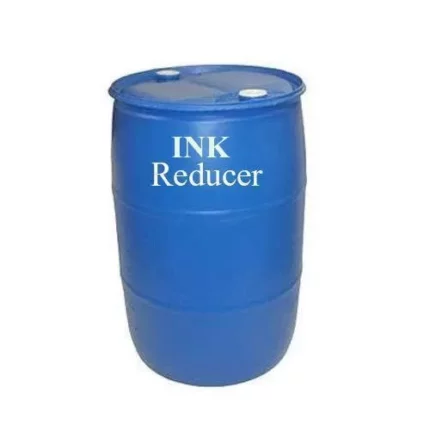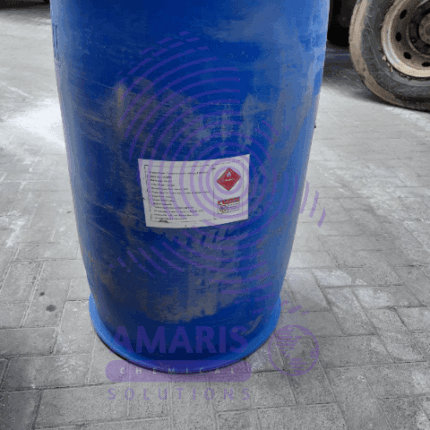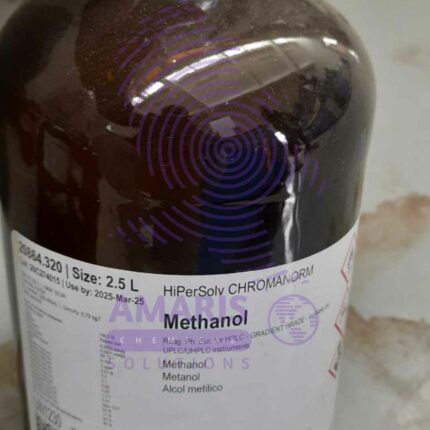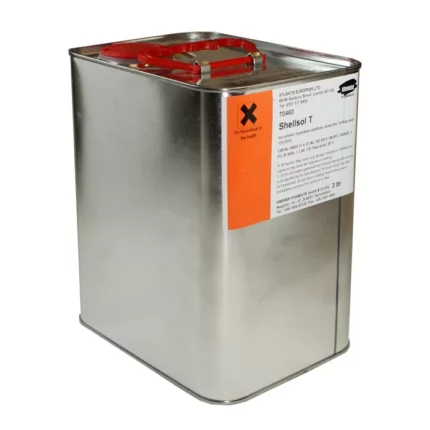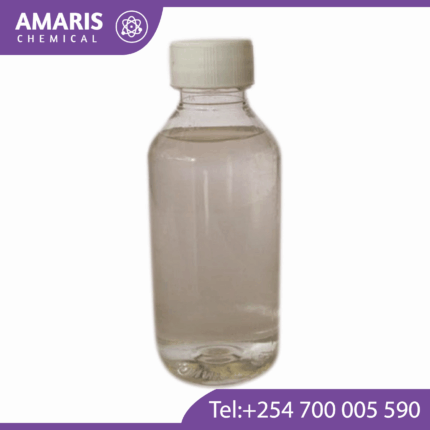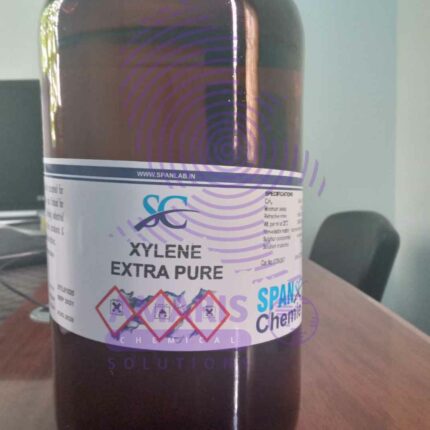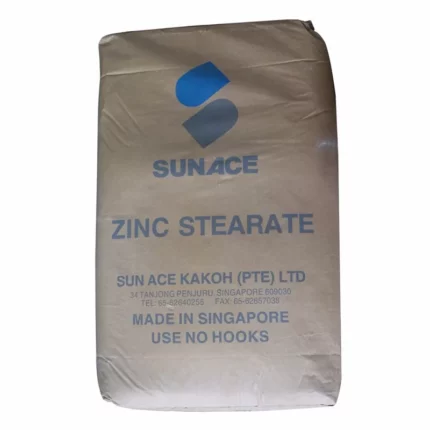
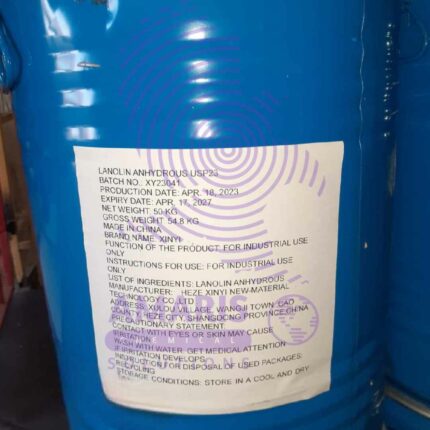
Deionized water
$1,000.00 Original price was: $1,000.00.$850.00Current price is: $850.00.
Deionized water, also known as demineralized water, is water that has had its mineral ions (such as sodium, calcium, iron, and copper) and dissolved solids removed through a process called ion exchange.
Distilled water, on the other hand, is water that has been purified by boiling it into steam and then condensing the steam back into water. This process removes impurities such as minerals, bacteria, and other contaminants.
Both deionized and distilled water are highly purified forms of water, but the processes used to purify them are different. Deionized water is typically used in laboratory settings or in industrial processes, while distilled water is commonly used in medical applications, humidifiers, and in some consumer products
Primary Uses of Deionized Water
1. Laboratory & Scientific Research
-
Solvent for reagents (prevents mineral interference).
-
Calibration of lab equipment (pH meters, spectrophotometers).
-
Preparation of buffer solutions.
2. Pharmaceuticals & Medical Applications
-
Manufacturing IV fluids, injections, and dialysis water.
-
Cleaning medical devices (prevents mineral deposits).
3. Electronics & Semiconductor Industry
-
Wafer rinsing in chip manufacturing (avoids mineral contamination).
-
PCB (circuit board) cleaning.
-
Coolant for high-precision machinery.
4. Automotive & Batteries
-
Lead-acid battery filling (extends battery life).
-
Radiator coolant mixing (prevents scaling).
5. Industrial Processes
-
Boiler feed water (reduces scaling in steam systems).
-
Chemical manufacturing (ensures reaction purity).
6. Cosmetics & Personal Care
-
Base for lotions, toners, and sensitive skincare (no mineral irritation).
Secondary Uses of Deionized Water
1. Food & Beverage Industry
-
Ingredient in soft drinks, beer brewing (avoids flavor alteration).
-
Cleaning food processing equipment (no water spots).
2. Aquariums & Aquatic Life
-
Mixing with salts for marine tanks (no unwanted minerals).
3. Photography & Printing
-
Film development & inkjet printers (prevents clogging).
4. HVAC Systems
-
Humidifier filling (reduces white dust).
5. Glass & Window Cleaning
-
Streak-free washing (no mineral residues).
6. Fire Extinguishers
-
Used in water mist systems (non-conductive, safe for electrical fires).
| APPEARANCE |
Watery/Thin – Low viscosity e.g., ethanol |
|---|---|
| COUNTRIES OF ORIGIN |
KENYA |
| AVAILABLE PACK SIZE |
20 Litres |
1. Basic Identification Attributes
- Chemical Name:Oxidane (IUPAC), Water
- Common/Trade Names:Deionized water, Demineralized water, DI water, Ultra-pure water
- CAS Number:[7732-18-5]
- HS Code:00.00 (Distilled/conductivity water)
- Molecular Formula:H₂O
- Synonyms:Purified water, High-purity water, Type II water (per ASTM)
2. Physical & Chemical Properties
- Physical State:Liquid
- Color & Odor:Colorless, odorless
- Boiling Point:100°C (212°F) at 1 atm
- Melting Point:0°C (32°F)
- Density:998 g/cm³ at 20°C
- Solubility:Universal solvent (dissolves many ionic compounds)
- pH Level:5-7.5 (can become acidic when exposed to air due to CO₂ absorption)
- Conductivity:<1 µS/cm (typically 0.055-0.1 µS/cm)
- Resistivity:>1 MΩ·cm (typically 18.2 MΩ·cm at 25°C)
- Vapor Pressure:34 kPa at 20°C
- Surface Tension:8 mN/m at 20°C
- Specific Heat Capacity:18 J/g·K
3. Safety & Hazard Attributes
- Hazard Class:Non-hazardous (OSHA/GHS)
- NFPA Ratings:Health: 0, Flammability: 0, Reactivity: 0
- Exposure Limits:None established
- Reactivity:
- Reacts violently with alkali metals
- Incompatible with strong oxidizing agents
- Can promote corrosion in pure form
4. Storage & Handling Attributes
- Storage Conditions:
- Polyethylene or polypropylene containers
- Sealed to prevent CO₂ absorption
- Ambient temperature preferred
- Shelf Life:
- 24 hours for ultra-pure applications
- Up to 1 month in sealed containers
- Special Handling:
- Use in clean environments to maintain purity
- Avoid contact with air to prevent contamination
5. Regulatory & Compliance Attributes
- Regulatory Status:
- USP Purified Water (USP <1231>)
- ASTM Type II (D1193)
- EP Purified Water (European Pharmacopoeia)
- Purity Standards:
- Conductivity: <1.3 µS/cm at 25°C (USP)
- TOC: <500 ppb (USP)
- Endotoxin: <0.25 EU/ml (for USP Water for Injection)
6. Environmental & Health Impact
- Ecotoxicity:None (natural substance)
- Persistence:N/A (part of natural water cycle)
- Biodegradability:N/A (not applicable)
- Health Effects:
- Excessive consumption can cause hyponatremia
- No toxicity in normal use
General Handling:
Electrical Safety:
- High-purity DI water is more conductive than distilled water—keep away from live circuits.
- Avoid spills near electrical equipment.
Material Compatibility:
- Can leach ionsfrom metals, glass, or plastics over time.
- Avoid long-term storage in reactive containers (e.g., some plastics, untreated steel).
Personal Protective Equipment (PPE):
- Gloves (optional):Nitrile gloves if handling large volumes (prevents contamination).
- Safety goggles:Only needed if splashing risk exists (e.g., pressurized systems).
Storage:
- Use chemically inert containers(HDPE, PTFE, or glass).
- Seal tightly to prevent CO₂ absorption(forms carbonic acid, lowering pH).
Inhalation:
- Not applicable (non-volatile).
Skin Contact:
- No action needed (non-irritating).
- Dry skin if exposed repeatedly (may cause mild dryness).
Eye Contact:
- Rinse with clean water for 5–10 minutes(DI water lacks buffering ions).
- Seek medical help only if irritation persists (unlikely).
Ingestion:
- Harmless in small amounts.
- Large quantitiesmay cause electrolyte imbalance—seek medical advice if consumed excessively.
- Non-flammable.
- Not a fire hazard, but do NOT use to extinguish:
- Electrical fires (unless de-energized).
- Water-reactive chemicals (e.g., alkali metals, strong acids).
Special Cases:
- If DI water is contaminated with organics/flammables, treat as the contaminant’s hazard.
Cleanup:
- Wipe up with absorbent materials (e.g., lint-free cloths).
- For large spills, use a wet/dry vacuum.
Environmental Notes:
- No ecological toxicity, but large spills may:
- Dilute local water chemistry.
- Damage equipment if leaked into sensitive areas (e.g., labs, electronics).

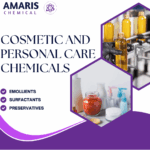
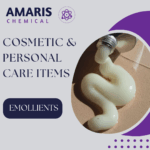 Emollients
Emollients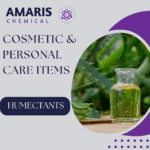 Humectants
Humectants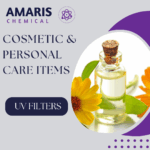 UV Filters
UV Filters Surfactants (cosmetic)
Surfactants (cosmetic) Preservatives (cosmetic)
Preservatives (cosmetic) Fragrances and Essential Oils
Fragrances and Essential Oils Antioxidants (cosmetics)
Antioxidants (cosmetics)
 Solvents (lab)
Solvents (lab) Chromatography Chemicals
Chromatography Chemicals Microbiology and Cell Culture Reagents
Microbiology and Cell Culture Reagents Biochemical Reagents
Biochemical Reagents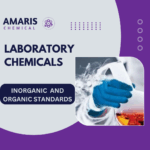 Inorganic and Organic Standards
Inorganic and Organic Standards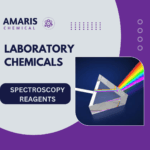 Spectroscopy Reagents
Spectroscopy Reagents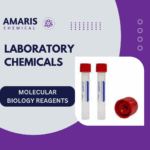 Molecular Biology Reagents
Molecular Biology Reagents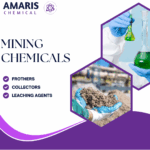
 Precious Metal Extraction Agents
Precious Metal Extraction Agents
 Plasticizers
Plasticizers Polymerization Initiators
Polymerization Initiators Stabilizers
Stabilizers Monomers
Monomers Fillers and Reinforcements
Fillers and Reinforcements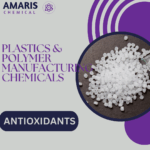 Antioxidants (plastics)
Antioxidants (plastics) Colorants (plastic pigments,Dyes)
Colorants (plastic pigments,Dyes)
 Fertilizers
Fertilizers Plant Growth Regulators
Plant Growth Regulators Soil Conditioners
Soil Conditioners Animal Feed Additives
Animal Feed Additives Biostimulants
Biostimulants
 Dough Conditioners
Dough Conditioners Flour Treatments
Flour Treatments Fat Replacers
Fat Replacers Preservatives (baking)
Preservatives (baking)
 Surfactants (cleaning)
Surfactants (cleaning) Builders
Builders Bleaching Agents
Bleaching Agents Enzymes
Enzymes Solvents (cleaning)
Solvents (cleaning) Fragrances
Fragrances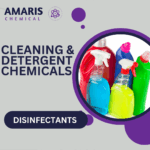 Disinfectant
Disinfectant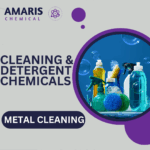 Metal cleaning
Metal cleaning
 Binders/Resins
Binders/Resins Pigments
Pigments Solvents (paint)
Solvents (paint) Additives
Additives Driers
Driers Anti-Corrosion Agents
Anti-Corrosion Agents Specialty Coatings
Specialty Coatings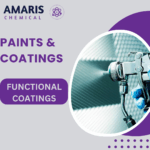 Functional Coatings
Functional Coatings Application-Specific Coatings
Application-Specific Coatings
 Sealants and Adhesives
Sealants and Adhesives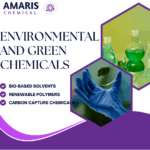
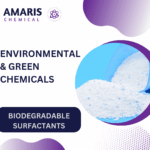 Biodegradable Surfactants
Biodegradable Surfactants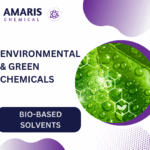 Bio-based Solvents
Bio-based Solvents Renewable Polymers
Renewable Polymers Carbon Capture Chemicals
Carbon Capture Chemicals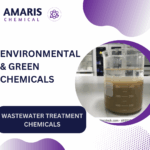 Wastewater Treatment Chemicals
Wastewater Treatment Chemicals
 Preservatives (food)
Preservatives (food) Flavor Enhancers
Flavor Enhancers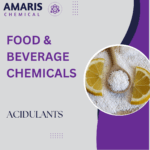 Acidulants
Acidulants Sweeteners
Sweeteners Emulsifiers
Emulsifiers Antioxidants (food)
Antioxidants (food) Colorants (food)
Colorants (food) Nutrient Supplements
Nutrient Supplements Nutraceutical Ingredients
Nutraceutical Ingredients
 Fresh Herbs
Fresh Herbs Whole Spices
Whole Spices Ground Spices
Ground Spices Spice Blends
Spice Blends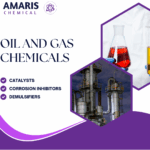
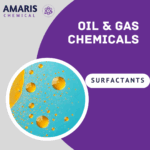 Surfactants(oil)
Surfactants(oil)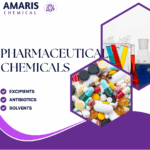
 Antibiotics
Antibiotics Active Pharmaceutical Ingredients
Active Pharmaceutical Ingredients Excipients
Excipients Vaccine Adjuvants
Vaccine Adjuvants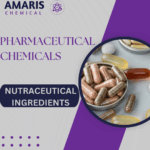 Nutraceutical Ingredients
Nutraceutical Ingredients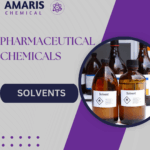 Solvents (pharmaceutical)
Solvents (pharmaceutical)
 Automotive chemicals
Automotive chemicals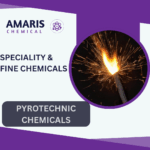 Pyrotechnic Chemicals
Pyrotechnic Chemicals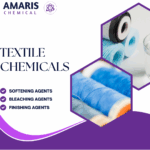
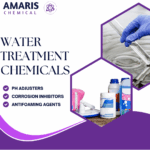

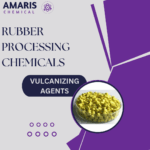 Vulcanizing Agents
Vulcanizing Agents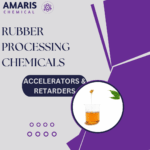 Accelerators & Retarders
Accelerators & Retarders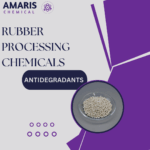 Antidegradants
Antidegradants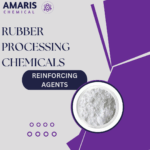 Reinforcing Agents
Reinforcing Agents Plasticizers & Softeners
Plasticizers & Softeners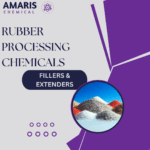 Fillers & Extenders
Fillers & Extenders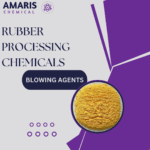 Blowing Agents
Blowing Agents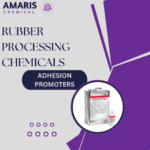 Adhesion Promoters
Adhesion Promoters
